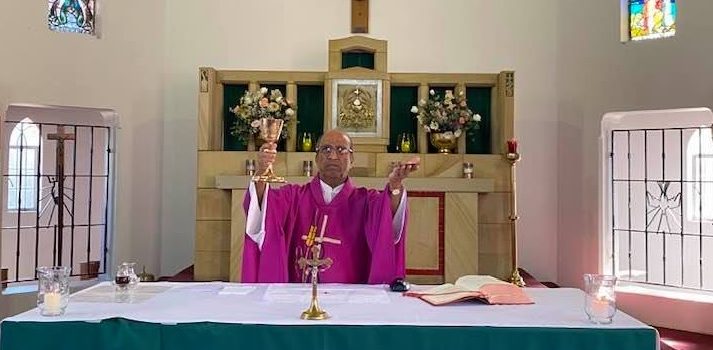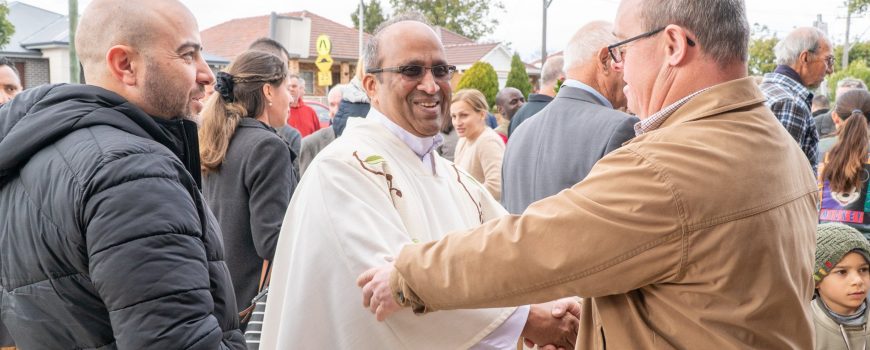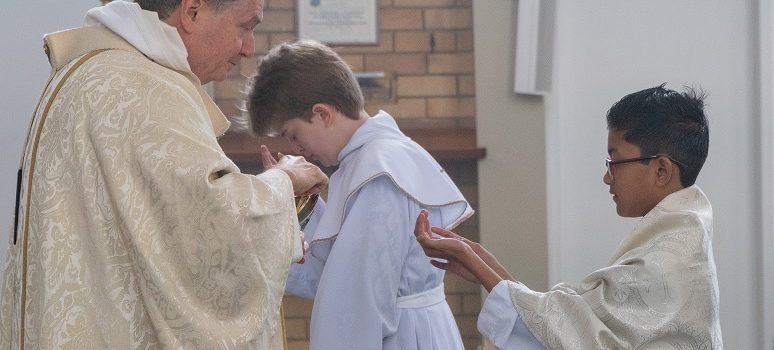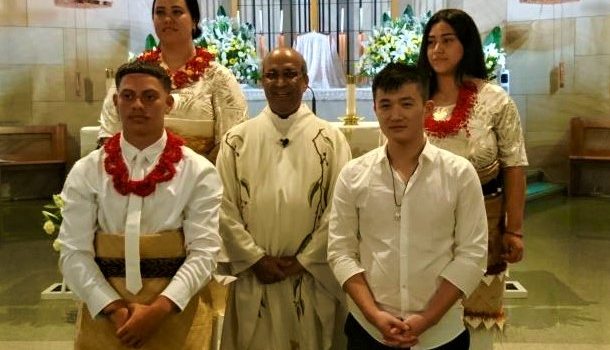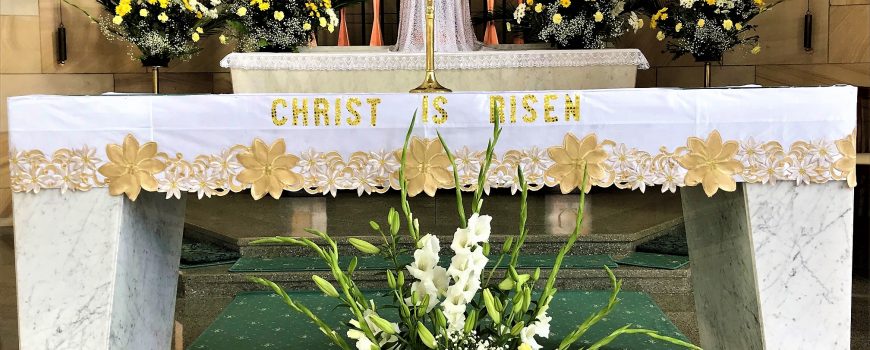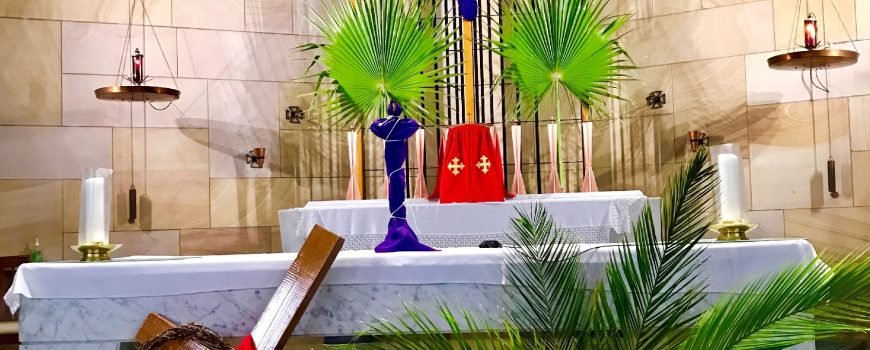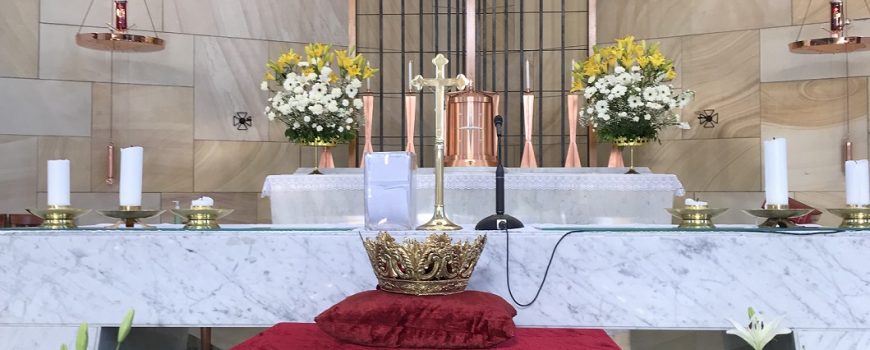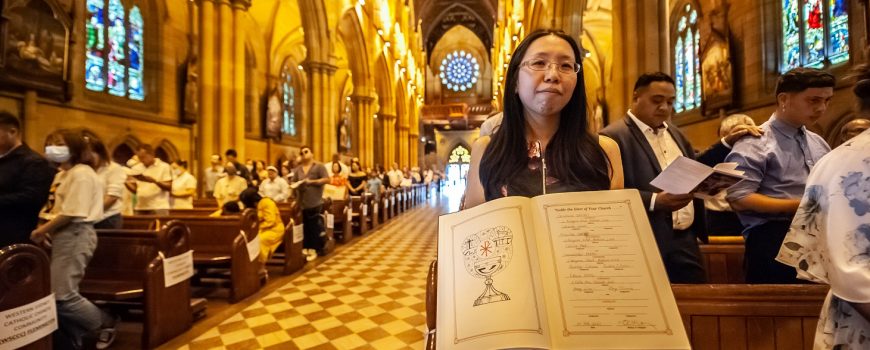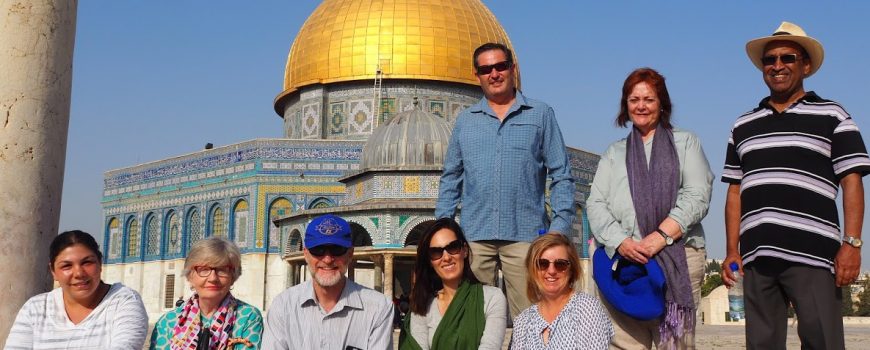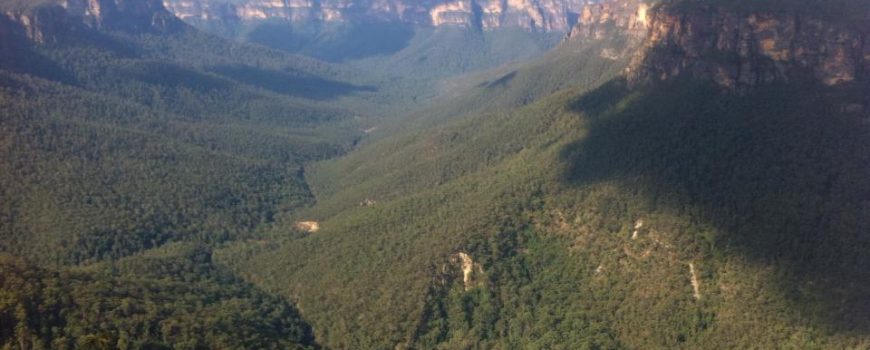I love good red wine. The quality of wine depends on how the grape vines are treated. Letting it grow wild, especially with lots of water supply is not the best for quality wines. A bit of dry weather and a lot of pruning go a long way in producing better quality wine. With all the summer rain we had this year, the produce of this year may not be the best. A three year old East Australian produce would be better, because it was a dry year then. The Gospel says that there are lessons to be learned from grape vines and wine. Wine and vineyards are metaphors used in Old Testament as well.
Over the past two months, the outbreak of COVID-19 in India has exploded with over 312 thousand new infections, and reports of oxygen shortages coming out. In this time of dire need, the people are angry at many of the leaders because of their lack of care for the desperate. It is in times of need that you appreciate ‘shepherding’ of the leaders. Until they woke up to the fact that it was a matter of life and death, the debates of the political leaders were philosophical. “Jesus said: ‘I am the good shepherd: the good shepherd is one who lays down his life for his sheep’”. When Jesus said this, he was not lecturing on theories. He was presenting himself as the real saviour in their real life. Yet Jesus had to challenge the people on their perception of the real need.
You may still remember a much discussed comment by Pope Francis, “It is not necessary to believe in God to be a good person.” It was a paraphrased version of a homily by the Pope in May 2013 which made headlines in the following year. If there are good people among non-believers, does that mean the sacraments and concept of sin are irrelevant? To me it seems that some of the parents, students, and even some of the teachers of the Catholic Schools consider philanthropy is the only purpose of religion. To them a speeding ticket is sin, but blasphemy does not count. Such an erroneous attitude is creating lapsed Christians to whom fellowship gatherings and sacraments are irrelevant.
At the Easter Vigil, to our great joy, four catechumens were initiated into the Church. I baptised, Confirmed, and gave Holy Communion to Christina Kailahi, Prescila Mafi, Christopher Hayes, and Edwin Kong. Unlike most parishioners who are cradle Catholics, these neophytes cannot claim knowing Christ from very early in their life. Does that make them second class Catholics? None of you might have even dreamt of asking such a question. But in the early church such questions were real. Aren’t the first generation Christians who knew Jesus of Nazareth personally more blessed than the later additions to the Church? John the Evangelist addresses this question of the time by presenting Thomas and encounter with resurrected Jesus, in the Gospel.
Nobody saw Jesus come out of the tomb. Most of the disciples were not there to witness his death on the cross either. But all his disciples had a strong and very compelling experience of the resurrected Christ with them from the third day of his death. Even the ones who, out of their human weakness, deserted Jesus at the hour of need were not denied the vision and experience of the resurrected Christ. Therefore, my joy and faith is also not unfounded. Though I have not witnessed Jesus come out of a tomb, the experience of the resurrected Christ with me is the strong foundation of my life based on trusting faith.
When the downtrodden and the persecuted soar, their stories bring about great hope and joy. Through the passion narratives of the Gospel, we can see that Jesus whom they tried to kill in a very shameful way is in fact the true life giver.
Lin Htet left his home in Mandalay early morning, 11 March, to join the Mya Taung protest group. He died when the regime forces attacked his protest column near Koe Lone Tagar pagoda on 90th street. The military who took his body, told his family and others that they did not have the body. “I just want to see my son’s face. I just want to give him a burial,” his father, Zaw Lin said. But what he said after that is more remarkable; “I don’t feel sad for my son. I’ll be proud of him forever,” he added. The strong conviction of this father and his son is that any inaction in the face of the brutal coup of the military will not help them in their pursuit of dignity and prosperity. Sacrifices are required to regain the dignity of life and democracy from the evil of the military junta. “Unless a wheat grain falls on the ground and dies, it remains only a single grain; but if it dies, it yields a rich harvest.” (John 12:24).
“What touched me most was the testimony of a mother in Qaraqosh,” Pope Francis said last Monday, on his flight returning home after visiting the ISIS destructions of Christian centres in Iraq. Pope Francis met Doha Sabah Abdallah, the mother who lost her son, in the Syriac Catholic Immaculate Conception Church in Qaraqosh which was occupied by ISIS from 2014 to 2016.
ome of the German bishops promoting intercommunion with Protestants have been in the headlines recently. It is a continuing saga including directives from Pope Francis more than a couple of years ago. In 2011 bishop Bill Morris of Toowoomba was asked by the Vatican to retire because of his attitude to some of the Sacraments.
A few days ago, with some of my priest friends, I went up Mount Gibraltar in Southern Highlands to various lookouts. After a period of introspection in a retreat centre, viewing the panorama from a mountain top was a fitting finale for the program.
